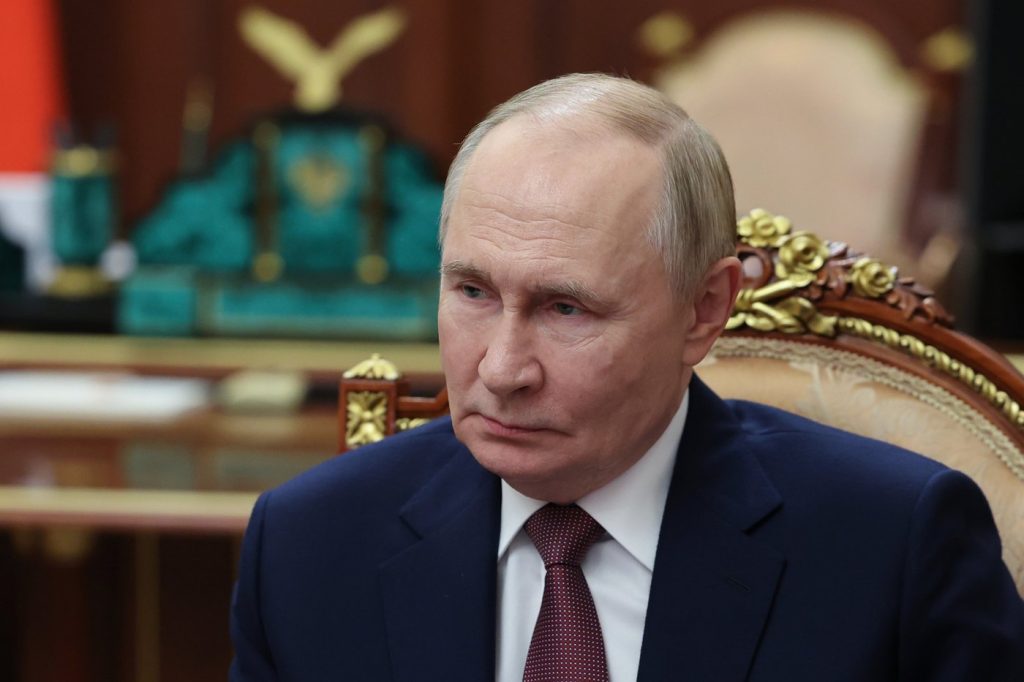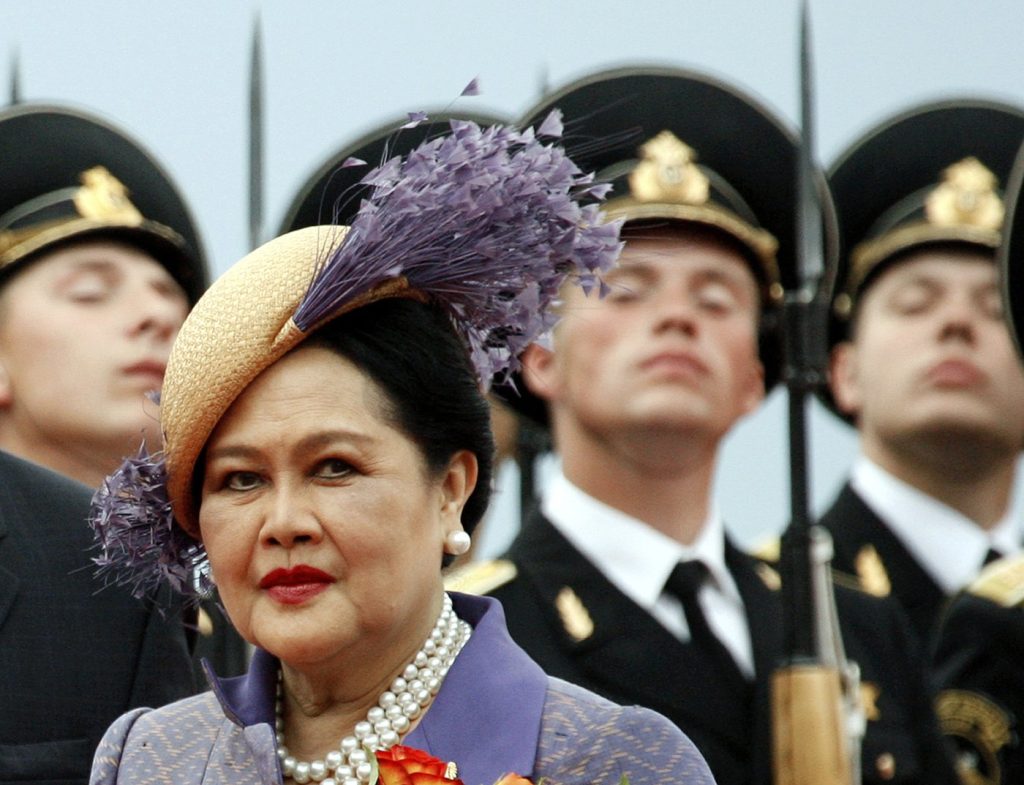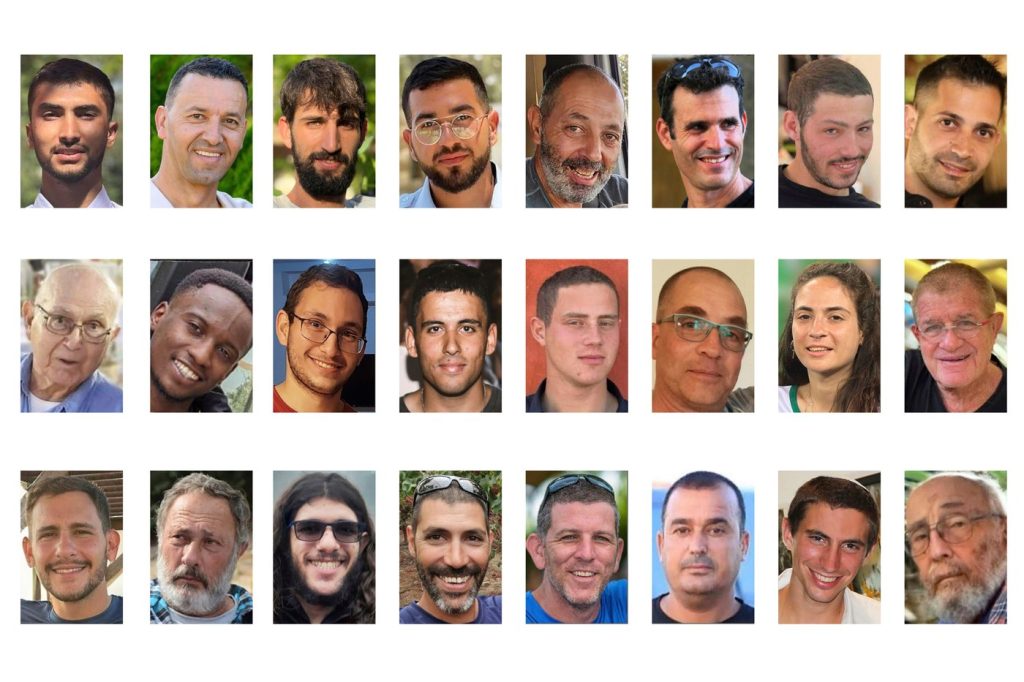President Donald Trump announced on Tuesday that his plan for a swift meeting with Russian President Vladimir Putin is currently on hold, stating he does not want it to be a "waste of time." This decision comes as part of Trump's ongoing effort to navigate the complexities of the war in Ukraine.
The postponement of the meeting, which was to take place in Budapest, Hungary, follows a recent phone call between U.S. Secretary of State Marco Rubio and Russian Foreign Minister Sergey Lavrov. Trump expressed his reluctance, saying, "I don’t want to have a wasted meeting... so we’ll see what happens." This indecision reflects the shifting dynamics of Trump's stance throughout the year regarding the war, especially on matters such as ceasefires and territorial integrity.
European leaders are likely to view Trump's hesitance to meet with Putin as a relief. They have accused the Russian leader of using diplomatic channels to stall for time while aiming to gain an advantage on the battlefield. Leaders from the UK, France, and Germany are united in their opposition to any plan that would require Ukraine to cede captured territory in exchange for peace, a notion that Trump has recently suggested.
Additionally, plans are in motion among European nations to utilize billions of dollars in frozen Russian assets to support Ukraine's war efforts. Despite legal concerns surrounding the action, this step reflects the urgency to assist Ukraine as the conflict continues with no clear resolution in sight. The most recent meeting between Trump and Putin occurred in Alaska in August, but it did not yield significant progress towards ending the war, which began with Russia's full-scale invasion of Ukraine in February 2022.
The Kremlin has also shown a lack of urgency regarding a potential meeting between Trump and Putin. Kremlin spokesperson Dmitry Peskov mentioned that "serious preparation" is required before a summit can take place. Trump indicated that decisions regarding the meeting would be made in the coming days.
Ukrainian President Volodymyr Zelenskyy is working to enhance Ukraine's strategic position by seeking long-range Tomahawk missiles from the U.S. However, Trump has been inconsistent regarding the provision of these weapons. In a Telegram post, Zelenskyy stated, "We need to end this war, and only pressure will lead to peace." He noted that when the possibility of missile support arose, Putin engaged in diplomacy, but as pressure decreased, Russia shifted away from dialogue.
On Wednesday, Trump is scheduled to meet with NATO Secretary General Mark Rutte at the White House. This meeting comes as NATO coordinates arms deliveries to Ukraine, with many weapons sourced from the U.S. by Canada and European allies. A significant meeting of the "Coalition of the Willing," consisting of 35 countries that support Ukraine, is set to occur in London on Friday.
Trump's views on the conflict have evolved over time. Initially, he focused on pressuring Ukraine into making concessions but later became frustrated with Putin’s staunch position. After a reversal of his long-held belief that Ukraine would need to concede land, Trump acknowledged the potential for Ukraine to reclaim all territories lost to Russia but has again shifted his stance, suggesting a cessation of hostilities where they currently stand.
Despite Trump's past assertions, he expressed doubts on Monday about Ukraine's ultimate victory over Russia, suggesting that parts of the eastern Donbas region could remain under Russian control. Ukrainian and European leaders who seek to maintain favorable relations with Trump support his statements for an immediate halt to fighting, stressing that it is essential to pressure Putin for a resolution.
Lavrov made it clear that Russia opposes any immediate ceasefire, emphasizing that such a move would betray agreements made during previous meetings. Current Russian occupancy of about one-fifth of Ukraine raises concerns among Ukrainian officials, who find the idea of conceding territory unacceptable. The potential for a frozen conflict along current frontlines is feared to offer Russia an opportunity for renewed aggression.
As international diplomatic efforts ramp up, an EU summit scheduled for Thursday will likely address additional economic sanctions against Russia. The collective message from various leaders at this critical juncture reflects a firm stance: "We must ramp up the pressure on Russia's economy and its defense industry until Putin is ready to make peace."












